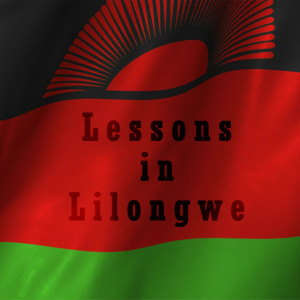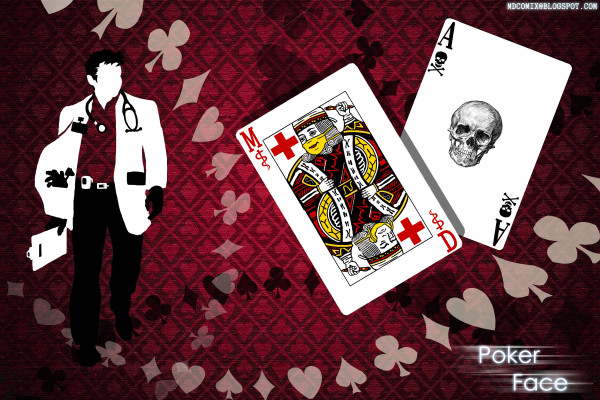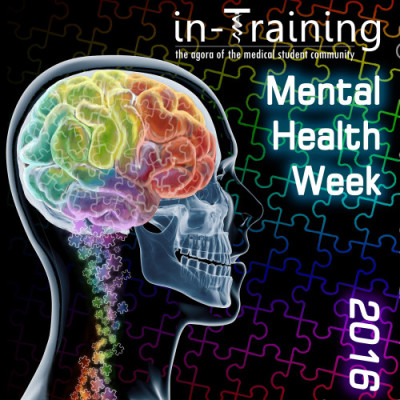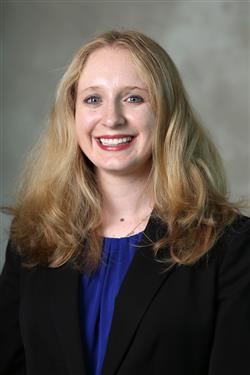Corruption
Shortly before returning to the United States for the holidays from Malawi, a truck full of police and military men pulled up next to my car as I was driving and demanded my driver’s license. They claimed I was “dangerously parked” while stopped in a long queue of traffic to let my friends hop out across from a bus station and would, therefore, be fined K10,000 (approximately $18).







